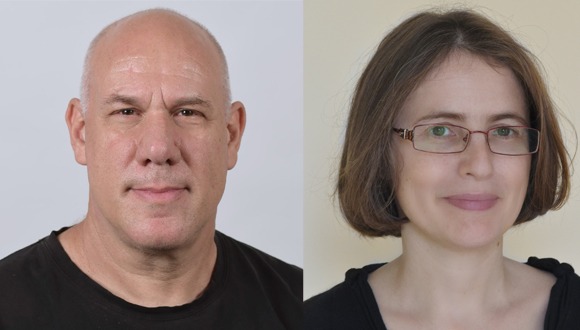In the world of healthcare, personalized medicine has made significant strides in certain disease areas, notably cancer. However, when it comes to infection diseases, the application of personalized medicine tools remains largely unexplored. Thanks to a groundbreaking scientific breakthrough, researchers at Tel Aviv University have set their sights on expanding the realm of personalized medicine to encompass infectious diseases as well. This newfound potential holds the promise of delivering more targeted and effective treatments to patients in need.
Until now, the medical world studied the immune response as a single unit, but a team of researchers at Tel Aviv University discovered a way, using experiments and computational tools, to classify two central components of the immune response that operate as a result of severe infectious disease. The importance of the discovery is that it provides a doorway to the world of personalized medicine in the field of infectious diseases and the provision of more effective treatments for patients. For example, instead of deciding to give a uniform medicine to all patients (i.e. an antibiotic like penicillin) the physician will be able to determine precisely which medicine he should give the patient and at what dosage, according to the classification of the infection based on analysis of the ratio between two key markers found in the patient’s blood.
An infectious disease is a condition in which a microorganism (virus, bacterium, or parasite) manages to penetrate and multiply in the human body, causing direct damage to the body’s cells.
The damage to the body may also be indirect, as a result of the reaction of the immune system, for example, the creation of inflammation against the same disease-causing agent (pathogen).
Zooming in on the Immune System
The research was led by Prof. Irit Gat-Viks and Prof. Eran Bacharach, with the doctoral students Ofir Cohn and Gal Yankovitz from the Shmunis School of Biomedicine and Cancer Research in The George S. Wise Faculty of Life Sciences. The study was published in the prestigious journal, Cell Systems.
“From simple blood tests, we can learn a lot about the health status of people who became ill and give them more comprehensive treatment according to the development of the infection in their bodies.” – Prof. Irit Gat-Viks
“In the general population, people react differently to infections, and therefore there is a need for medical tools to indicate how each person is expected to react to a certain infectious disease,” explains Prof. Gat-Viks. She explains that, “until now, there have been only very general indicators to characterize these diseases, such as inflammatory markers, fever, urine tests, etc. Based on these indicators, analyses of the response to the infection that appeared rather uniform can be divided into different responses according to the new classification. In extreme cases, as we saw in the Corona epidemic, a person’s immune response to the virus can result in lethality, and preliminary identification of their response can help us save lives. Our new observations and more precise classification of the inflammatory response has allowed us to identify new indicators and markers in our bloodstream. What all this means is that from simple blood tests, we can learn a lot about the health status of people who became ill and give them more comprehensive treatment according to the development of the infection in their bodies.”

Prof. Eran Bacharach and Prof. Irit Gat-Viks
The researchers were able to observe the response of the immune system with high resolution, and identify two main types of responses. Prof. Bacharach outlines the first response as one in which, “the immune system fights a pathogen that has entered the body,” and the other type and one in which “the damage to the body ‘after the war’ with the pathogen is repaired.” In their research, they used disease models in animals, computational tools, and information collected from people with different markers in their bodies that are indicators of the type of response to the pathogen.
“People with extreme reactions to infection with microorganisms such as viruses or bacteria lack an adequate medical response today.” – Prof. Irit Gat-Viks
Prof. Gat-Viks explains that “in fact, personalized medicine exists today for ‘regular’ diseases such as cancer, but there is almost no use of personalized medicine methods in the field of infectious diseases. People with extreme reactions to infection with microorganisms such as viruses or bacteria lack an adequate medical response today. We believe that thanks to our research, doctors will be able to better diagnose the patient’s condition and, as a result, provide effective treatment that will improve the patient’s chances of recovery. We aim to continue the research and discover more subgroups with different reactions among the population so that we can help doctors make their diagnosis more precise and thus provide proper treatment for their patients.”

